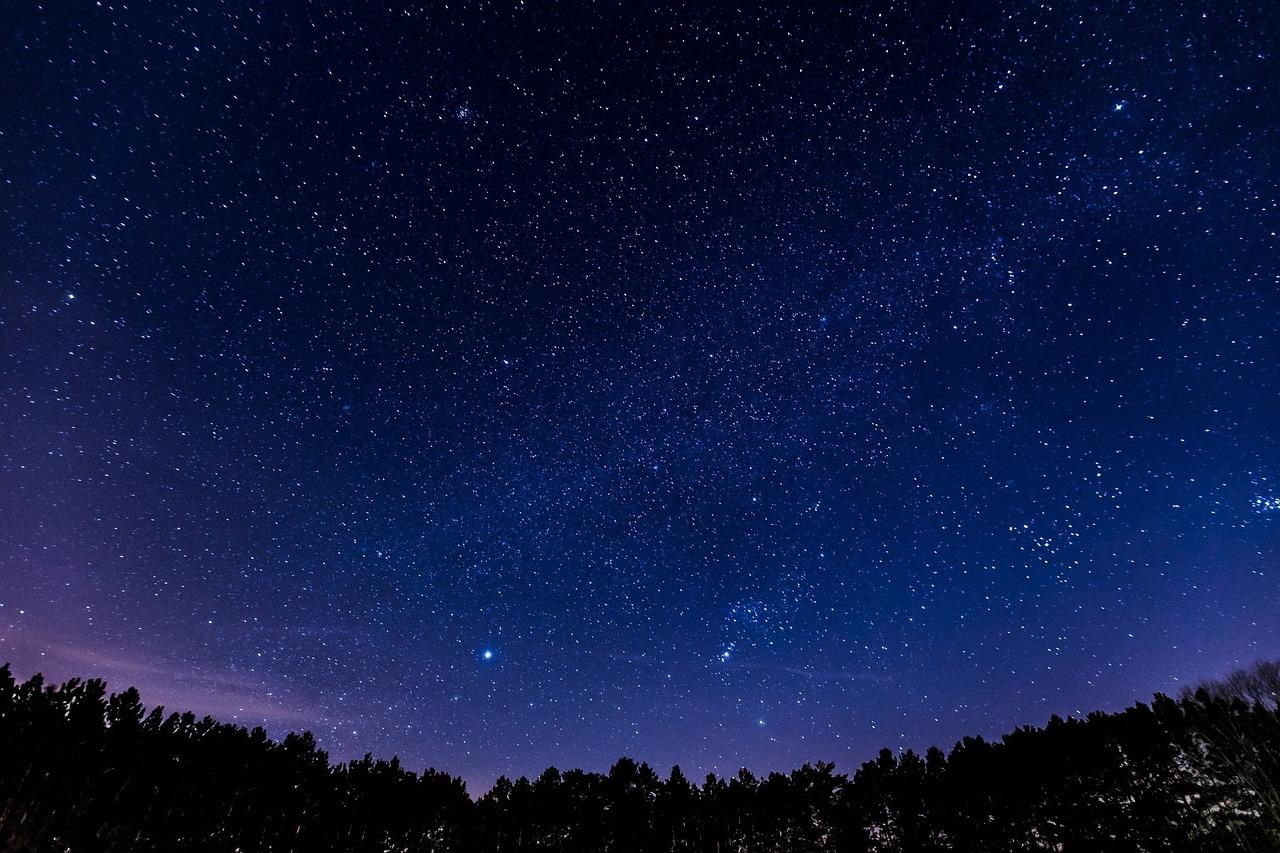Baku, Azerbaijan, Sept. 19
By Azad Hasanli - Trend:
The night sky has always attracted people. Since ancient times, soothsayers have tried to determine the future by the stars, seafarers and travelers have used them as reference points. Over time, the observation of the stars has acquired a scientific nature, and today it is also a type of tourism which is gaining popularity rapidly.
Whether it is the gazing of stars, northern lights or shooting stars, the astrotourism, as this type of tourism is called, tempts hundreds of thousands of people to travel for this purpose to different parts of the world every year.
In Azerbaijan, the astrotourism has not yet gained a wide scale, but experts believe there are necessary conditions for development of this branch of tourism in the country.
"The astrotourism in Azerbaijan cannot yet compete in terms of popularity with the tourism destinations which are traditional for us, but there is a potential for its development," Chairman of the Azerbaijan Tourism Association Nahid Bagirov told Trend.
Special sites for observing the stars are being arranged within city boundaries in a number of countries, and the light is muted in the territory surrounding such sites. No such territories have been arranged in Azerbaijan yet, but the perfect conditions for astrotourism are available in the regions of the country.
For example, the Nasraddin Tusi Shamakhi Astrophysical Observatory operates 140 kilometers away from Baku. Every year, the flow of tourists to the observatory is growing, Deputy Director of the Observatory Khydyr Mikayilov told Trend.
"The observatory is open to tourists all year round. We are now seeing a growing interest in our observatory. This year, for example, there have been a lot of visitors from Arab countries. In addition, in August, the Demirchi-Lahij road was commissioned, which runs next to us. This also contributes to the growth of the tourist flow," he said.
One of the most common types of astrotourism is the observation of solar and lunar eclipses. Thousands of people come to cities or countries where the eclipse can be seen. Hotel accommodation, expenditures for food, souvenirs, visiting other tourism attractions in the framework of astrotourism – all these generate a significant revenue. For example, the solar eclipse that occurred in August this year, brought in over $60 million to the US state of Wyoming. According to the data of the Wyoming Office of Tourism, 192,000 people visited the state to observe the solar eclipse.
When it comes to astrotourism, Azerbaijan cannot boast of such figures yet. However, steps are already being taken in this direction.
For example, it was possible to observe the lunar eclipse in Azerbaijan this year. The Shamakhi Observatory announced an open day specifically for this purpose, and, as Mikayilov said, during just one day, the Observatory was visited by 2,000-2,500 people: "We allocated a separate telescope for visitors. The interest was very great. People arrived from Baku and other cities for one day just to watch the eclipse. We will surely continue this practice, because it contributes to the interest in our activity."
Azerbaijan is yet new to astrotourism, where the US, France and Italy are dominating. However, against the background of the general development of tourism in the country, the astrotourism can become at least a part of other types of tourism, if not particularly a separate direction of tourism.
Who knows, maybe next time you look for a place to stay, the stars will point to Azerbaijan.
---
Azad Hasanli, head of Russian news service of Trend
Follow the author on Twitter: @AzadHasanli






